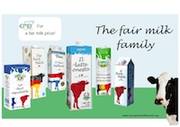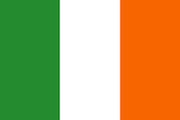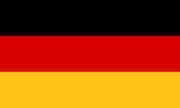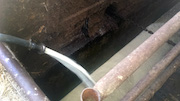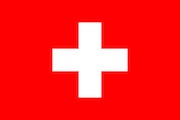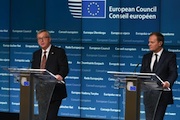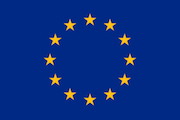EMB Newsletter July 2015
Newsletter as PDF
Contact
EMB - European Milk Board asbl
Rue de la Loi 155
B-1040 Bruxelles
Phone: +32 - 2808 - 1935
Fax: +32 - 2808 - 8265
Dear dairy farmers and interested parties,
We should have learned our lesson by now, but we keep producing ever more milk, anticipating Russia and China to re-enter the market, whilst farm-gate milk prices drop and producers see themselves forced to give up their livelihoods.
Listening to the dairy companies’ explanations for the low farm-gate price could create the impression that China has brought all milk imports to a complete stop. That is, however, not true. China has not left the market as we are told; the Chinese still import milk but only to the extent we used to know from the time before their imports skyrocketed in 2013-14. At first we were told that the purchasers had left the market altogether, but were expected to come back in a couple of months. That was postponed to the last quarter 2014, then to the first quarter 2015; now the last quarter 2015 or early 2016 is mentioned as the time of their return. “We may have underestimated the volumes purchased” sounds one of the explanations.
To me it is all too clear that none of the people making these statements knows anything. But a great many people would like to comment at the producers’ expense, because we are the ones kept in the dark with the vain hope that we are ready for when the market picks up again.
I see no reason why China should return to the market with the force of 2013-14, and even if the Russian market opens up, the shelf space has meanwhile been taken by others. A return to the Russian market will be like entering a totally new market. In Denmark we hope Arla Foods will find it easier because of to their previous commitment, but we can only hope. In mere desperation we attempt to find new emerging markets like Nigeria, Ivory Coast and other African nations. Fat lot of good that will do!
When the milk price goes up on the world market it is interpreted as “The market is screaming for more milk”. Conversely one must now conclude that the world market is screaming for less production. Why are all the great European dairy companies screaming for so much more milk, and why are the dairy farmers producing so much more milk when it is obvious that it cannot be sold at a cost- covering price?
We produce more milk because the free market is not functioning in the big co-ops. The dairy companies sell the most expensive litre of milk with a large profit and the cheapest litre at a loss. The last litre was therefore better not produced. We, the dairy farmers, are paid the average price that the dairies can pay for the milk, thus earning or losing the same amount for each litre produced. In other words, no economic market signals come through to us, hence we cannot respond in a rational manner. We produce milk at full throttle, as long as possible and at any price.
That is how it will work with a divided market: one between farmer and dairy and one between the dairy and the market. This clearly shows the need for an EU mechanism that can reduce milk supply when farm-gate prices are low. That is exactly the mechanism the EMB advocates, but which the dairy companies work against. They want growth, they want to process the goods and get their margin for it, so that they can grow even more.
Kjartan Poulsen, Member of the EMB Board and president of LDM Denmark
Second European Fair Milk Conference
Ireland: concerns on milk price and superlevy fines
Germany: Market situation gets worse for dairy farmers
Protests in Lithuania after milkprice of 10 cents per litre
Switzerland: Consumers benefit from dairy farmers’ plight
TTIP & CETA – Standards were already lowered long ago
News from Brussels
EMB Diary
The EMB Board’s key dates in July 2015:
- 07.07.: Meeting with the French Ministry of Agriculture
- 13.-14.07.: TTIP & CETA strategy meeting
- 22.07.: Talks with EU-Commission (EMB cost studies)
Impressum
European Milk Board asbl
Rue de la Loi 155
B-1040 Bruxelles
Phone: +32 2808 1935
Fax: +32 2808 8265
E-Mail: office@europeanmilkboard.org
Website: http://www.europeanmilkboard.org

